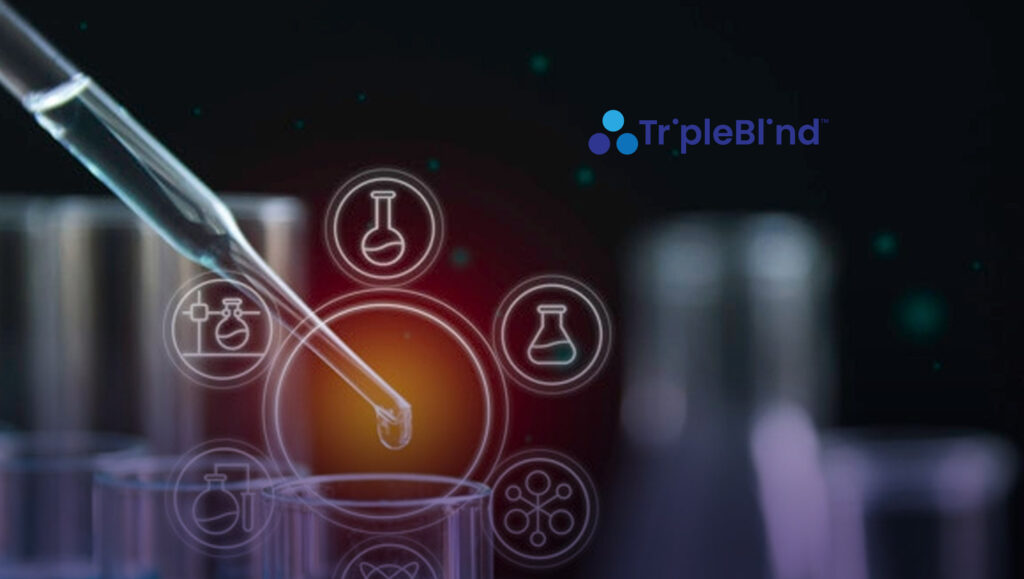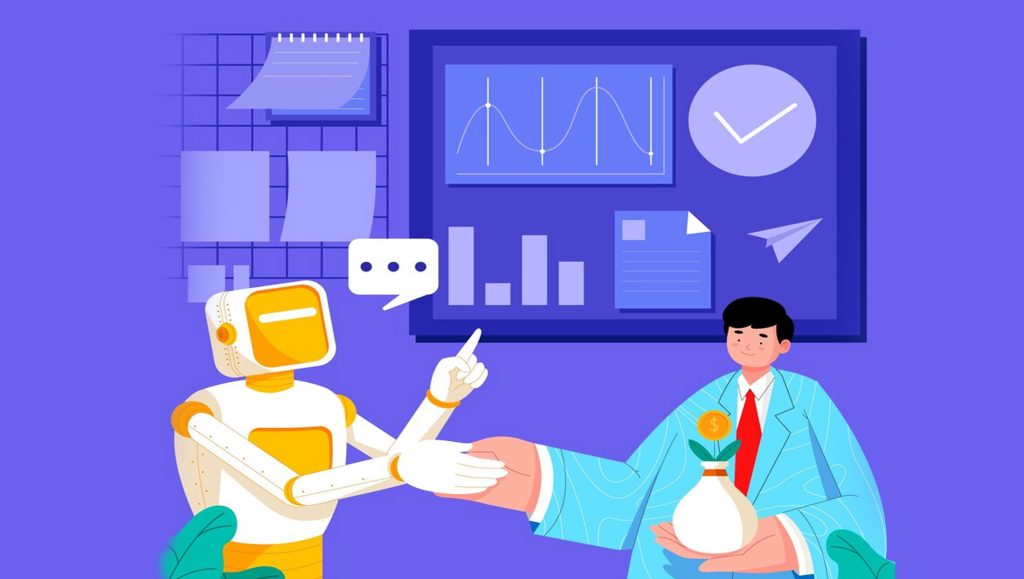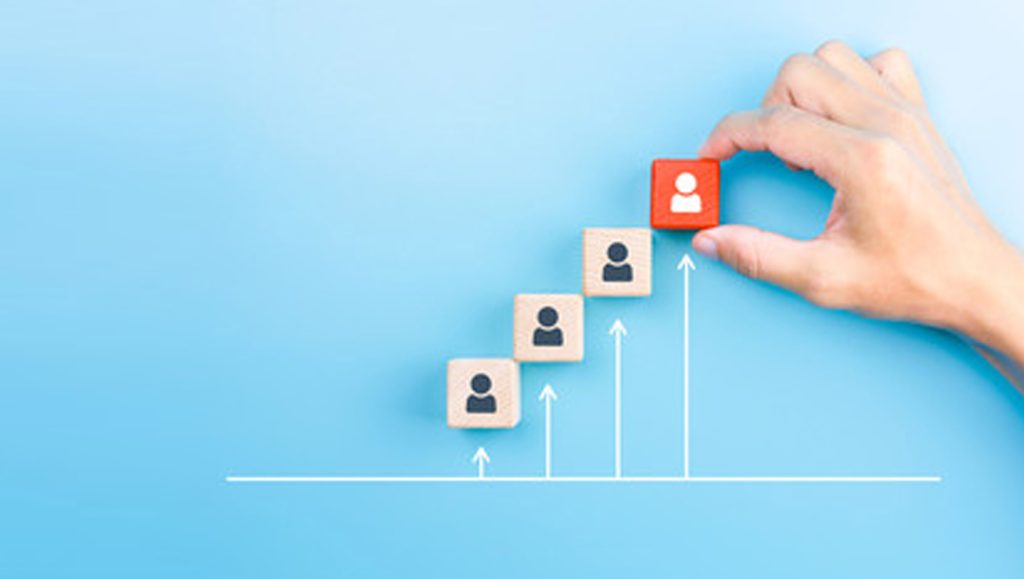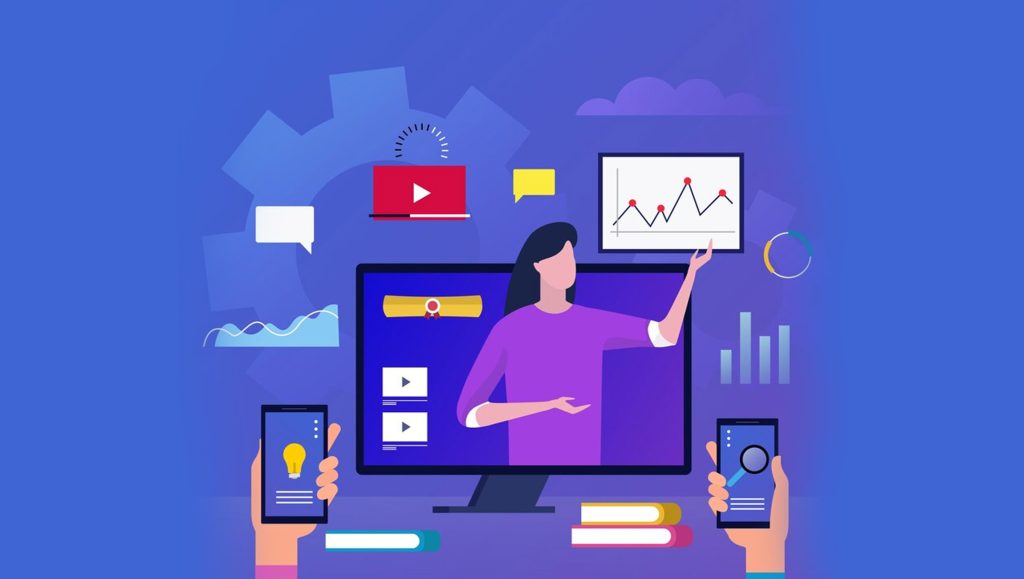Healthcare Industry Players Can Accelerate Innovation and Improve Patient Care While Enforcing Privacy and Regulatory Standards; Healthcare Companies and Institutions Can Save Up to $1.5 Million Per Dataset Per Collaborator
TripleBlind, creator of a rapid, efficient and cost effective data privacy and clean room solution based on breakthroughs in advanced mathematics, announced today it has entered the $3.8 trillion healthcare market now that it has a full suite of HIPAA compliant solutions. This comes on the heels of its announcement that TripleBlind is collaborating with Mayo Clinic researchers who will use TripleBlind tools to train new algorithms on encrypted data and validate interoperability of encrypted algorithms on encrypted data and the.
Read More: Fiat Chrysler Automobiles Partners With Wipro To Establish Its First Global Digital Hub In India
By eliminating manual anonymization and simplifying the compliance and legal processes around sharing data, healthcare organizations that use TripleBlind solutions can save significant amounts of time, resources and expenses. Additionally, TripleBlind’s patented automatic de-identification technology allows utilization of all the available data about a patient, including data elements that had to be stripped off during anonymization, without the possibility of identifying individuals through reverse engineering.
“Some of the largest healthcare data breaches of the past five years have single-handedly impacted as many as 80 million people – almost all of those breaches were outright caused by, or made easier, due to decrypted data,” said Riddhiman Das, co-founder and CEO of TripleBlind. “The healthcare industry still has much work to do concerning properly protecting patient data. TripleBlind’s clean room solution removes most of the risk. It is the only solution that enforces HIPAA compliance with every API call and doesn’t just rely on good-faith adherence to BAA.”
Read More: SalesTechStar Interview with Jim Nystrom, Chief Sales Officer at Cogito
How TripleBlind For Healthcare Works
TripleBlind encrypts, and never decrypts, data or algorithms, allowing only approved operations to be executed. Its virtual clean room ensures compliance for all collaborating parties as they never share raw patient data. On the other side, data scientists can perform all the operations they ordinarily would without the risk of working with raw data.
By eliminating decryption or the manual steps involved with de-identification, TripleBlind enables:
- Usage of all data without the risk of re-identification;
- No exposure of any raw health data, but usage of real data for training, inference and analysis;
- Generalization of algorithms on varied datasets to reduce bias;
- Normalization and feature engineering of data without breaking privacy;
- Full interoperability without any hardware dependencies or moving data outside the firewall.
Read More: Fractal Strengthens Its Cloud AI Business: Acquires Enterprise AI Provider Zerogons
Healthcare Use Cases
TripleBlind’s rapid, efficient and cost effective data privacy and data clean room solution unlocks new opportunities for the healthcare industry, such as:
- Healthcare companies and institutions can develop more accurate and less biased novel AI models by utilizing richer, more diverse third-party clinical datasets that are currently difficult or impossible to access, while respecting patient privacy;
- Healthcare institutions and companies can collaborate around data that’s difficult or impossible to de-identify via other means, like genetic and biometric data;
- Digital health data platforms can allow partners to run their algorithms on its encrypted data with no chance of counter-party data abuse;
- Research institutes can create new revenue streams by licensing AI diagnostic algorithms without fear of reverse engineering;
- Hospitals worldwide can get access to sophisticated AI algorithms as compliance with local and regional privacy standards becomes enforceable via an API;
- Healthcare organizations can deliver digital medicine globally and more easily enforce compliance with global privacy standards.





















